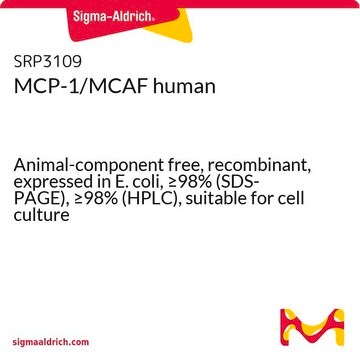EoL-1 cell
94042252, human blood, Lymphoblast
Synonym(s):
AML-EOL-1 Cells, EoL1 Cells, Eosinophilic Leukemia Cell Line
Sign Into View Organizational & Contract Pricing
All Photos(1)
About This Item
UNSPSC Code:
41106514
Recommended Products
product name
EoL-1 cell, 94042252
biological source
human blood
growth mode
Suspension
karyotype
Not specified
morphology
Lymphoblast
products
Not specified
receptors
Not specified
technique(s)
cell culture | mammalian: suitable
relevant disease(s)
cancer
shipped in
dry ice
storage temp.
−196°C
Cell Line Origin
Human eosinophilic leukaemia
Cell Line Description
Differentiated by N-butylate treatment.
Application
EoL-1 cell line has been used to study the role of AGS67E, an antibody-drug conjugate that targets cluster of differentiation-37 (CD37) for the treatment of B/T-cell malignancies. It has also been used to study the role of anti-vascular cell adhesion molecule-1 (VCAM-1) monoclonal antibody in inhibiting asthma in a murine asthma model.
DNA Profile
STR-PCR Data: Amelogenin: X,Y
CSF1PO: 7,10
D13S317: 12,13
D16S539: 8,10
D5S818: 11
D7S820: 10,13
THO1: 9.3
TPOX: 8
vWA: 16,17
CSF1PO: 7,10
D13S317: 12,13
D16S539: 8,10
D5S818: 11
D7S820: 10,13
THO1: 9.3
TPOX: 8
vWA: 16,17
Culture Medium
RPMI 1640 + 2mM Glutamine + 10% Foetal Bovine Serum (FBS).
Subculture Routine
Maintain cultures between 3-9x100,000 cells/ml; 5% CO2; 37°C. Eol-1 cells grow very slowly and may take up to 5 days to reach a suitable level to subculture. It is best that these cells are left to grow and not agitated more than necessary.The cells actually grow as large clusters. They are beginning to reach confluence when the cells in the centre of each cluster start to look unhealthy. The change in media colour should also be an indication. Eol-1 cells prefer slightly acidic conditions and so may resuscitate better from frozen if started up in 15% foetal bovine serum.
Other Notes
Additional freight & handling charges may be applicable for Asia-Pacific shipments. Please check with your local Customer Service representative for more information.
Certificates of Analysis (COA)
Search for Certificates of Analysis (COA) by entering the products Lot/Batch Number. Lot and Batch Numbers can be found on a product’s label following the words ‘Lot’ or ‘Batch’.
Already Own This Product?
Find documentation for the products that you have recently purchased in the Document Library.
Our team of scientists has experience in all areas of research including Life Science, Material Science, Chemical Synthesis, Chromatography, Analytical and many others.
Contact Technical Service


